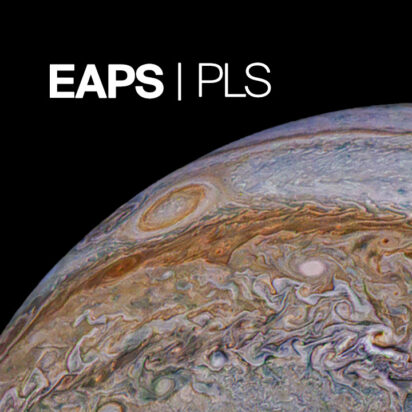
[PLS] Federica Rescigno (University of Birmingham)
Date: Tuesday, February 11, 2025 Time: 12:30 - 1:30pm Location: 54-517 | MIT Campus, Cambridge, MA“New calibration method for BiSON: 40 years of Sun-as-a-star RV data”
The very long temporal baseline, 40s cadence, and extended coverage of data observed with the Birmingham Solar Oscillations Network (BiSON) have been invaluable assets for the study solar oscillations, but they can also be key to understand stellar variability in the context of exoplanet detection. Although the community is characterising smaller and smaller signals, Earth-sized rocky exoplanets in wide orbits are still out of reach. The biggest obstacle for the detection of other Earths in radial velocity (RV) data is stellar variability, with signals that can mimic or hide a planetary signal. Sun-as-a-star datasets are ideal for furthering our understanding of stellar activity as a whole, and for testing new activity modelling techniques. We thus present work on the complete re-calibration and re-analysis of the 40 years of BiSON Sun-as-a-star data. We developed a novel method that includes statistical generative models to improve the stability of the dataset well above the previously achieved 1-day boundary. The inclusion of physically-motivated models describing stellar variability using Gaussian processes will allow for the investigation of stellar activity phenomena across the solar magnetic cycle over timescales from minutes to years. We therefore introduce BiSON Sun-as-a-star data to the community as a new asset for the development of novel mitigation techniques for the detection of rocky exoplanets.
Planetary Lunch Seminar —
Colloquia topics span the range of research interests of the department’s planetary sciences research program, and the talks are intended to appeal to any graduate students, postdocs, research scientists, and faculty with a background in planetary science. Speakers include members of the MIT community and visitors.
Contact: planetary-org@mit.edu
